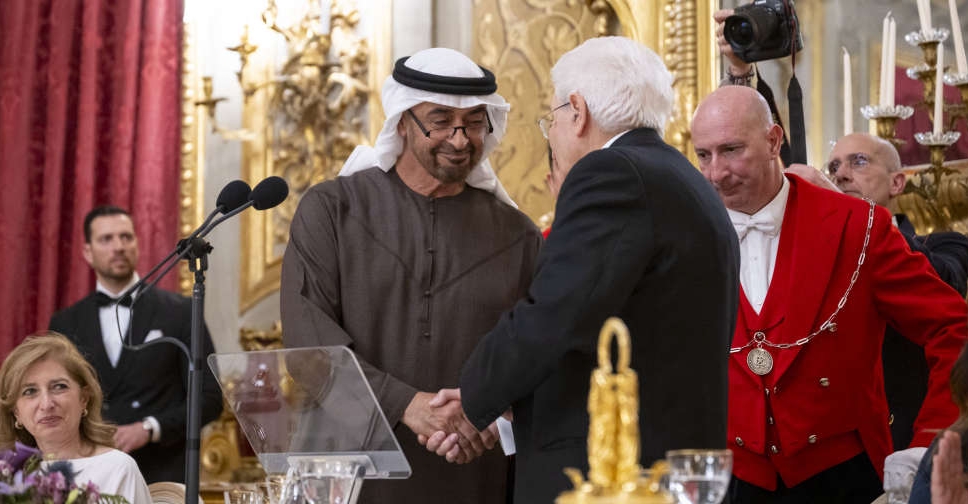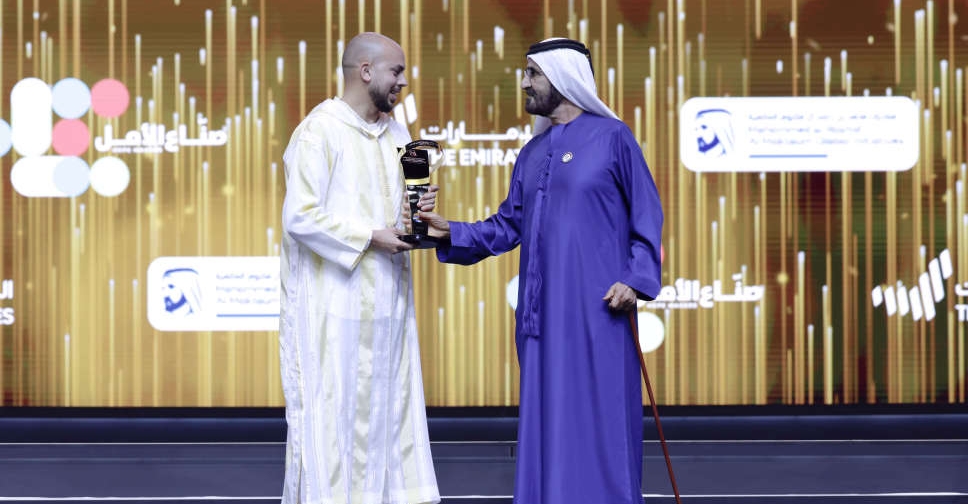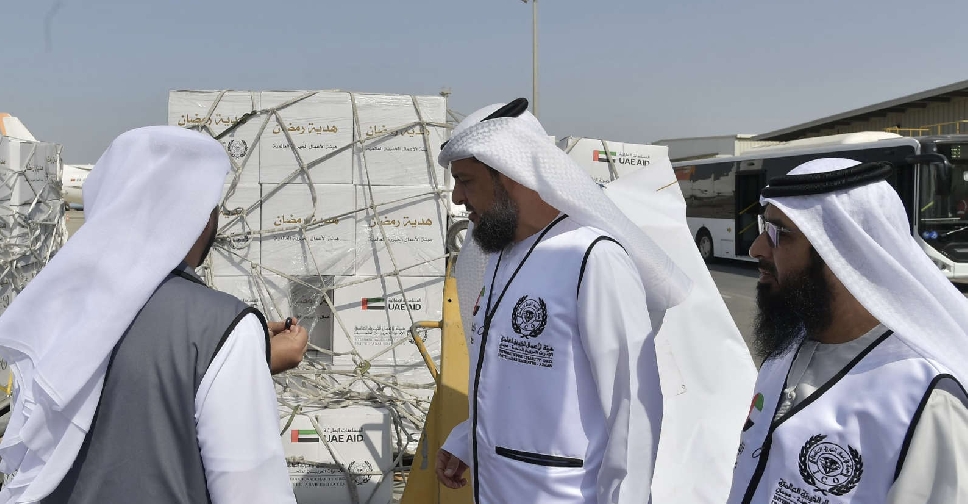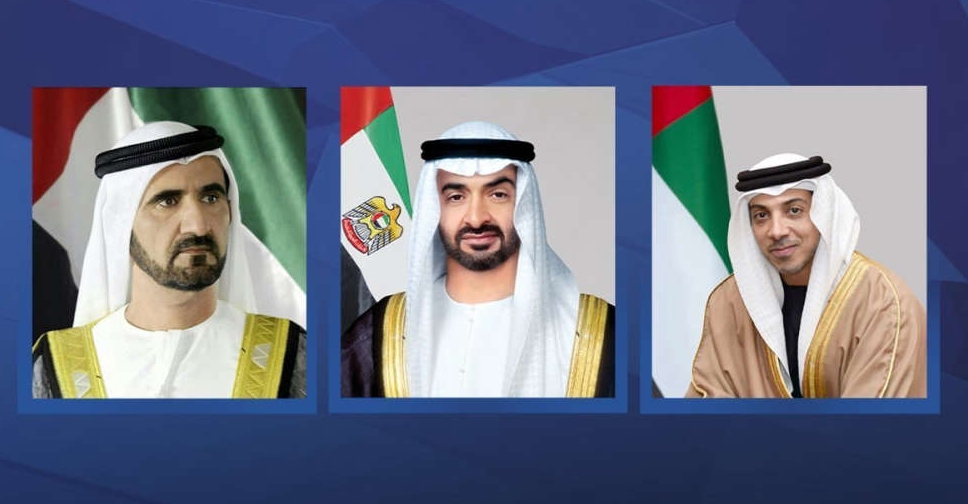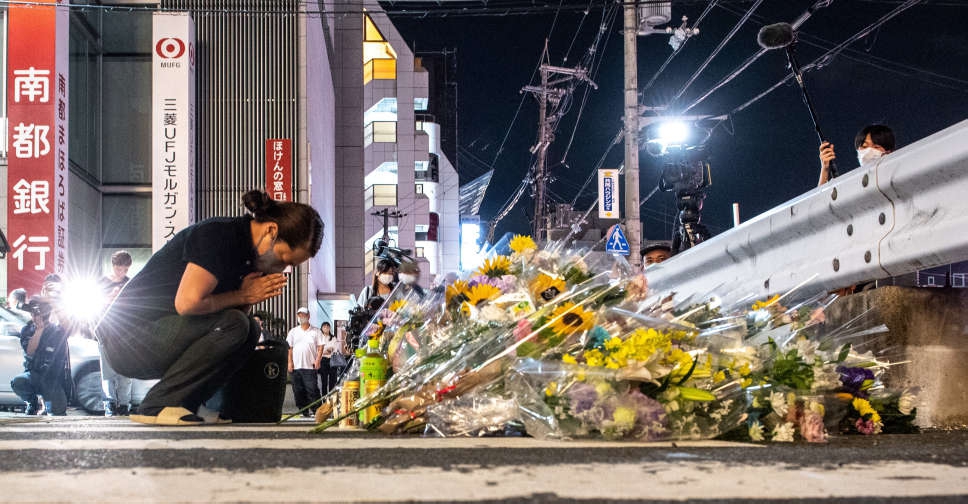
A steady stream of mourners on Saturday visited the scene of former Japanese Prime Minister Shinzo Abe's assassination in the western city of Nara, an unusual act of political violence that has shocked the nation.
Japan's longest serving modern leader was gunned down while making a campaign speech on Friday morning by a 41-year-old man.
On the final day of campaigning before Sunday's parliamentary election, a metal detector was set up at the site of Prime Minister Fumio Kishida's stump speech in a city southwest of Tokyo, an unusual security measure in Japan, along with increased police presence.
Over 100 people were queuing to lay flowers at midday at a table featuring a photo of Abe giving a speech, with more arriving. Local officials were moving some of the offerings to create space.
A night vigil will be held on Monday, with Abe's funeral to take place on Tuesday, attended by close friends, Japanese media said. There was no immediate word on any public memorial service.
Police are scrambling to establish details of the motive and method of Abe's killer.
Tetsuya Yamagami, tackled and arrested immediately after the attack, told police he believed Abe was linked to a religious group he blamed for ruining his mother financially and breaking up the family, local media reported, citing police sources. Police have not identified the group.
Campaigning resumed on the final day of electioneering before polling for the upper house of parliament, which is expected to deliver victory to the ruling coalition led by Kishida, an Abe protege.
Kishida was back on the campaign trail visiting regional constituencies after making an emergency return to Tokyo on Friday in the wake of the shooting.
Abe's death has raised questions about security for public figures in Japan, where politicians commonly make direct appeals to voters outside train stations and supermarkets during campaigning season.
Abe, scion of a political family who became Japan's youngest postwar premier, was rushed to a Nara hospital following the shooting. He did not regain consciousness and was pronounced dead five and a half hours after the late-morning attack.
A motorcade thought to be carrying the body of the slain politician arrived at his Tokyo residence after leaving the Nara hospital early on Saturday. Kishida visited the residence, Kyodo reported.
Kishida spoke on Saturday with U.S President Joe Biden, who expressed his condolences and praised Abe's leadership, NHK reported.
Abe was key in the creation of the Quad grouping aimed at countering China's influence in the Indo-Pacific region. The other members, the United States, India and Australia, expressed shock at the assassination in a joint statement.
"We will honour Prime Minister Abe's memory by redoubling our work towards a peaceful and prosperous region," the statement said.

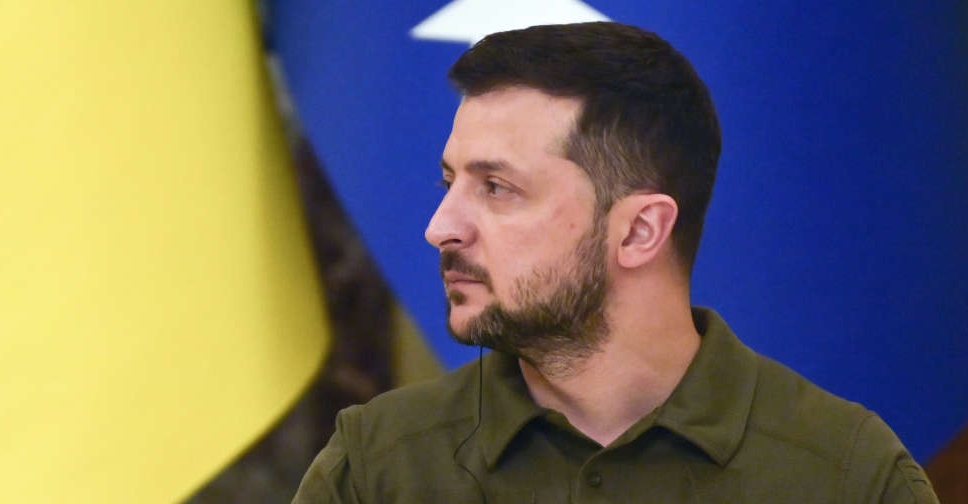 Zelenskyy willing to quit presidency if it brings Ukraine peace
Zelenskyy willing to quit presidency if it brings Ukraine peace
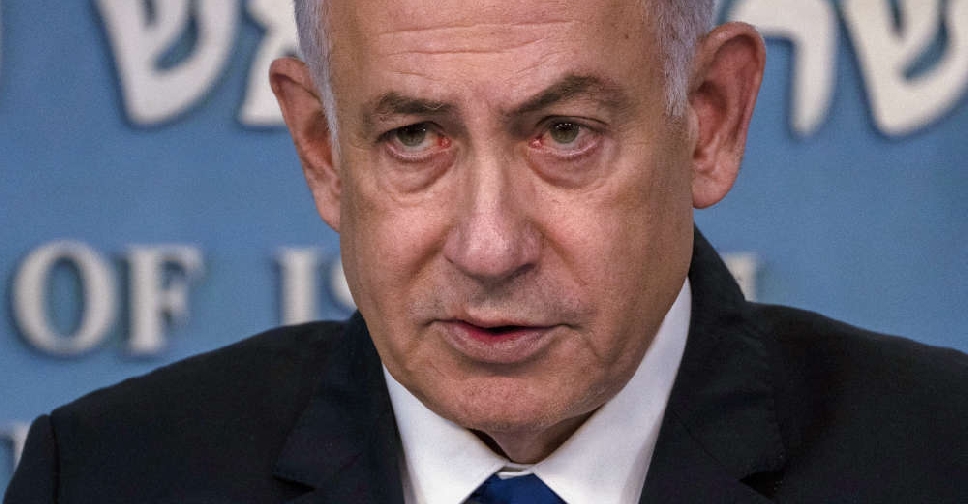 Israel won't allow HTS forces in southern Syria, Netanyahu says
Israel won't allow HTS forces in southern Syria, Netanyahu says
 Hamas says Israel talks contingent on agreed prisoner release
Hamas says Israel talks contingent on agreed prisoner release
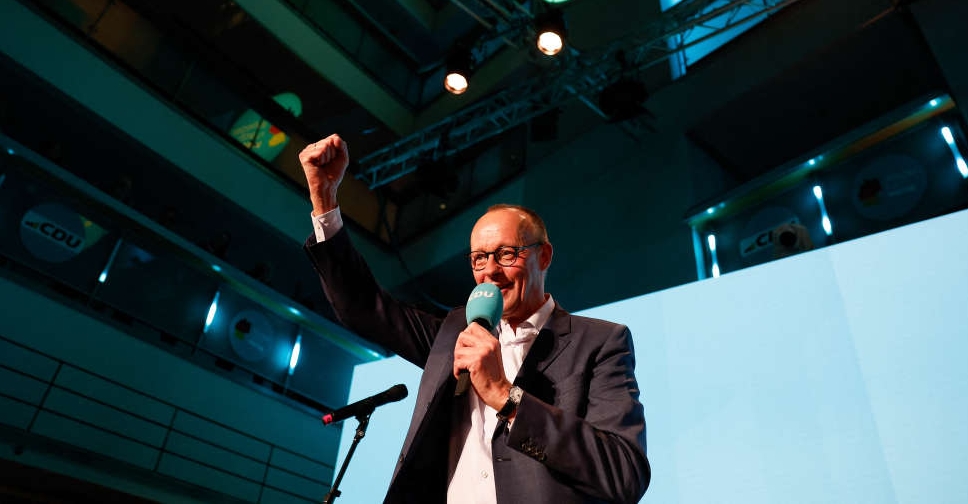 Election victor Merz plans pivot from US as coalition talks loom
Election victor Merz plans pivot from US as coalition talks loom
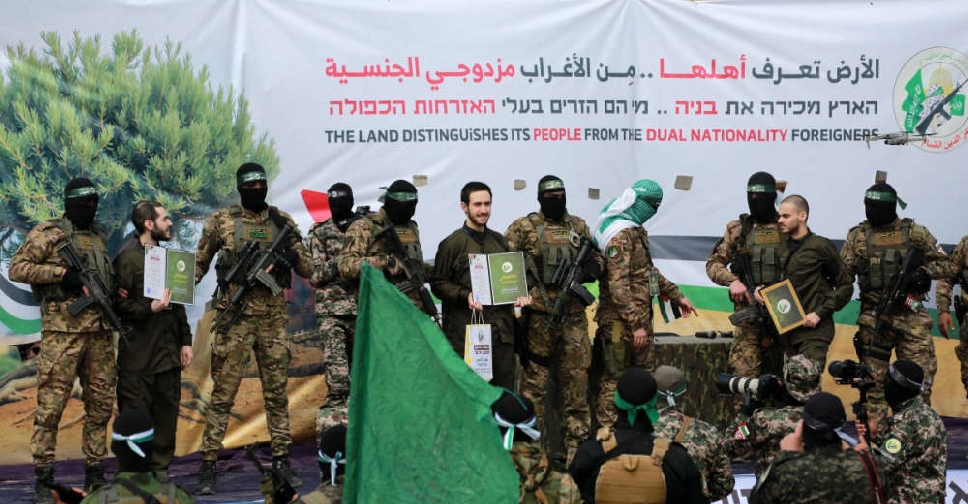 Hamas says Israel's ceremonies claim is pretext to evade obligations
Hamas says Israel's ceremonies claim is pretext to evade obligations
